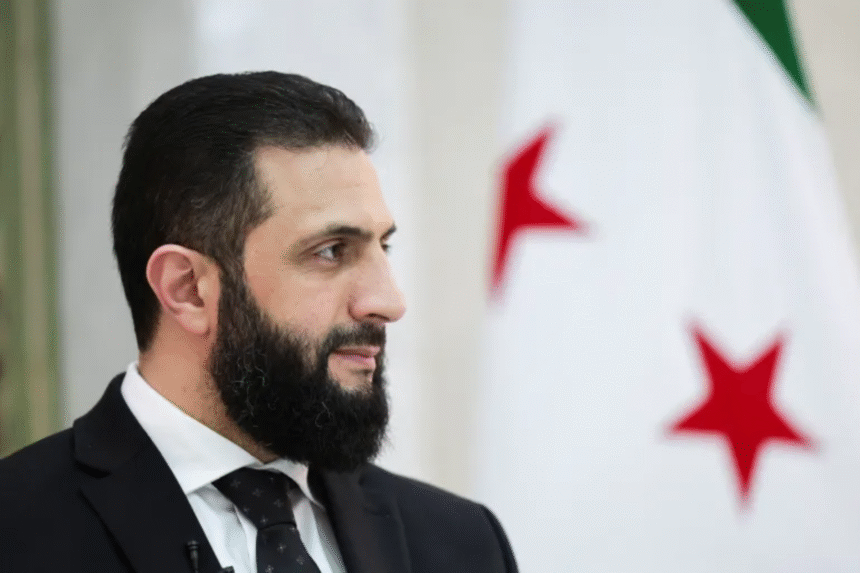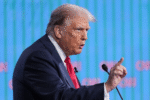U.S. President Donald Trump will host Syria’s interim President Ahmad al-Sharaa at the White House on Monday, marking the first visit by a Syrian head of state since Syria’s independence in 1946. The historic meeting aims to formalize Damascus’ entry into the U.S.-led coalition against the Islamic State (IS) and to discuss the potential lifting of sanctions imposed during the Bashar al-Assad era.
Historic Diplomatic Move Amid Controversy
The White House describes the visit as part of Trump’s “diplomatic efforts to meet with anyone globally in pursuit of peace,” according to Press Secretary Karoline Leavitt. The meeting follows a prior encounter in Riyadh in May, the first official U.S.-Syria contact since Bill Clinton’s 2000 meeting with Hafez Assad.
Trump praised al-Sharaa during the Riyadh meeting as a “tough guy with a very strong past” and expressed confidence in his leadership, noting that “a lot of progress has been made with Syria” since Washington eased certain sanctions.
Damascus Seeks Sanctions Relief
Al-Sharaa, who rose to power after ousting Bashar al-Assad in December 2024, is pushing for the permanent repeal of sanctions that targeted Syria for alleged human rights abuses under Assad. The UN Security Council recently voted to lift sanctions on al-Sharaa and his government officials, signaling what U.S. UN Ambassador Mike Waltz called a “new era” for Damascus.
While Trump has temporarily waived Caesar Act sanctions, Congress must pass legislation to make the repeal permanent. Advocates warn that conditional repeal or lingering sanction fears could deter foreign investment, stalling Syria’s reconstruction and development.
Al-Sharaa’s Controversial Past
Al-Sharaa’s rise is not without controversy. He previously led rebel forces that toppled Assad and, two decades ago, was detained at a U.S.-run facility in Iraq after joining al-Qaida militants fighting U.S. forces. Since severing ties with extremist groups, al-Sharaa has sought to rebuild Syria’s international relationships, particularly with nations that boycotted Assad’s regime following the 2011 civil war.
Critics caution that Trump’s decision to host al-Sharaa and push for rapid sanctions relief risks normalizing a leader with a complex past without addressing ongoing accountability for human rights issues.
Strategic Implications
The talks are expected to see Damascus coordinate more closely with U.S. armed forces against IS. However, experts warn that Trump’s eagerness to engage with controversial foreign leaders may undermine U.S. credibility on human rights and set a precedent for unchecked executive power in foreign policy.







